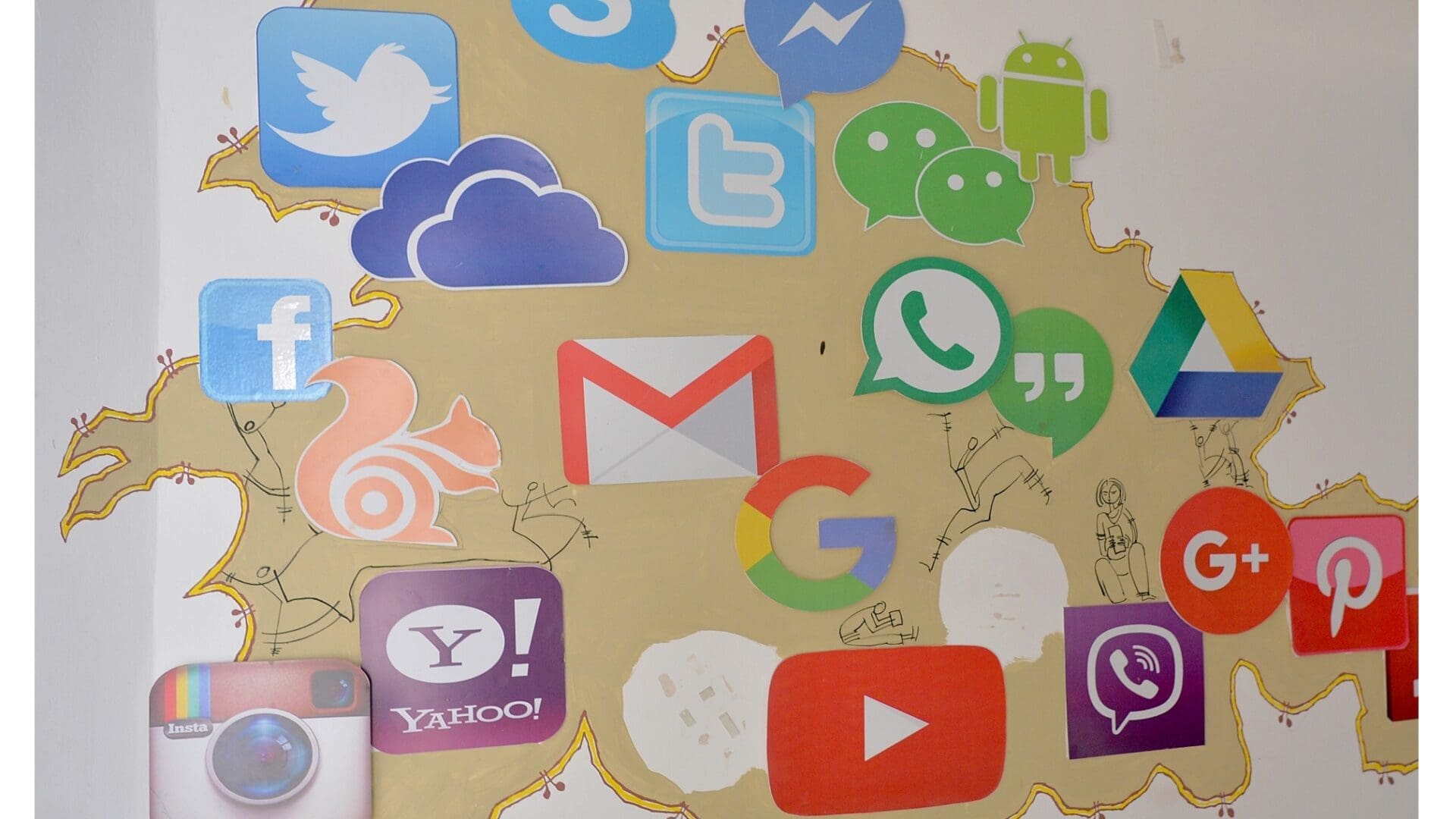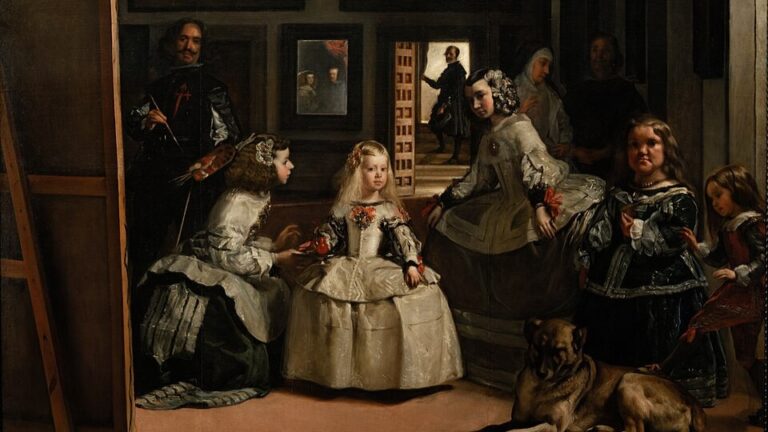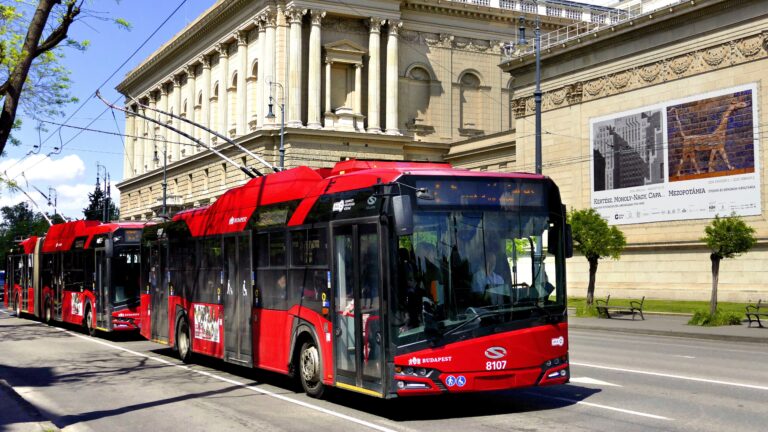The following article is based on a press release kindly provided by MCC.
Social media regulation has become one of the most important questions of the recent era. The miscellaneous scandals of different scales by the most prominent players, such as Twitter, Reddit, Facebook, or TikTok, have drawn attention to potential regulation related to sensitive content, fake news, and the private information of users. While stricter oversight may be effective in curtailing the misuse of these platforms, it may also be infringing on the users’ right to free speech and expression. Previously, social media had very much been associated with free expression.
According to a poll conducted on a representative sample of people aged 15–39 by the Youth Research Institute of the Matthias Corvinus Collegium, many regard social media as an important venue to express political opinions. Nearly four-tenths of responders (38 per cent) use these platforms to voice their political opinions. Among those sampled, those aged 15–19 are the least prone to sharing their opinion related to public issues (28 per cent), while people aged 35–39 are the most likely to do so (45 per cent). An outstanding propensity to sharing their opinion was measured in the group with secondary school education, as well as among people living in larger towns outside the capital. 50 per cent of respondents feel there is a liberal, and 29 per cent of the responders feel there is a conservative dominance in social media content, while the remaining one-fifth could not make a determination on the matter.
Respondents were also asked about social media content regulation. The 15–39 age group is divided on whether these sites have the right to restrict certain opinions if they feel they are not in line with certain editorial guidelines.
The majority (53 per cent) believe that it is not justified for a social media company to curtail freedom of speech,
while only 38 per cent thinks otherwise. 42 per cent of the youth believes that the regulation of social media giants should be done under the scope of national governments, 36 per cent believes it should be done by the European Union, while 22 per cent did not respond.
MCC has been focussed on the hot issue of freedom of expression and media regulation, with a major conference held on the subject at the end of January.
Over one-tenth (13 per cent) of social media users have experienced being banned from one of the platforms for their opinion. Those who share their political views more frequently are also banned more frequently. Among the more active opinion sharers, 15 per cent have had their accounts restricted multiple times, while 28 per cent have had that happen to them once. As for people who share their points of view on public affairs less often, two per cent have experienced being banned by a social media site more than once, and an additional five per cent have been blocked once. The probability of a ban correlates with the user’s level of education: the higher educated a person is, the less likely they are to have had an account banned on one of the social media sites.
As for the political biases of social media sites and the restriction of free speech, the respondents cand be grouped into four larger categories.
The largest of the four groups is of those who believe that social media sites are biased politically and do not have the right to restrict freedom of speech on their platforms (33 per cent).
The second largest group (25 per cent) believes that social media companies are biased, but they do have the right to restrict free speech. They are followed by those who believe social media companies are not biased nor do they have the right to restrict free speech (15 per cent), and, lastly, those who believe that these companies both have their biases and the justification to act on those biases in content moderation (nine per cent).
Related articles:







